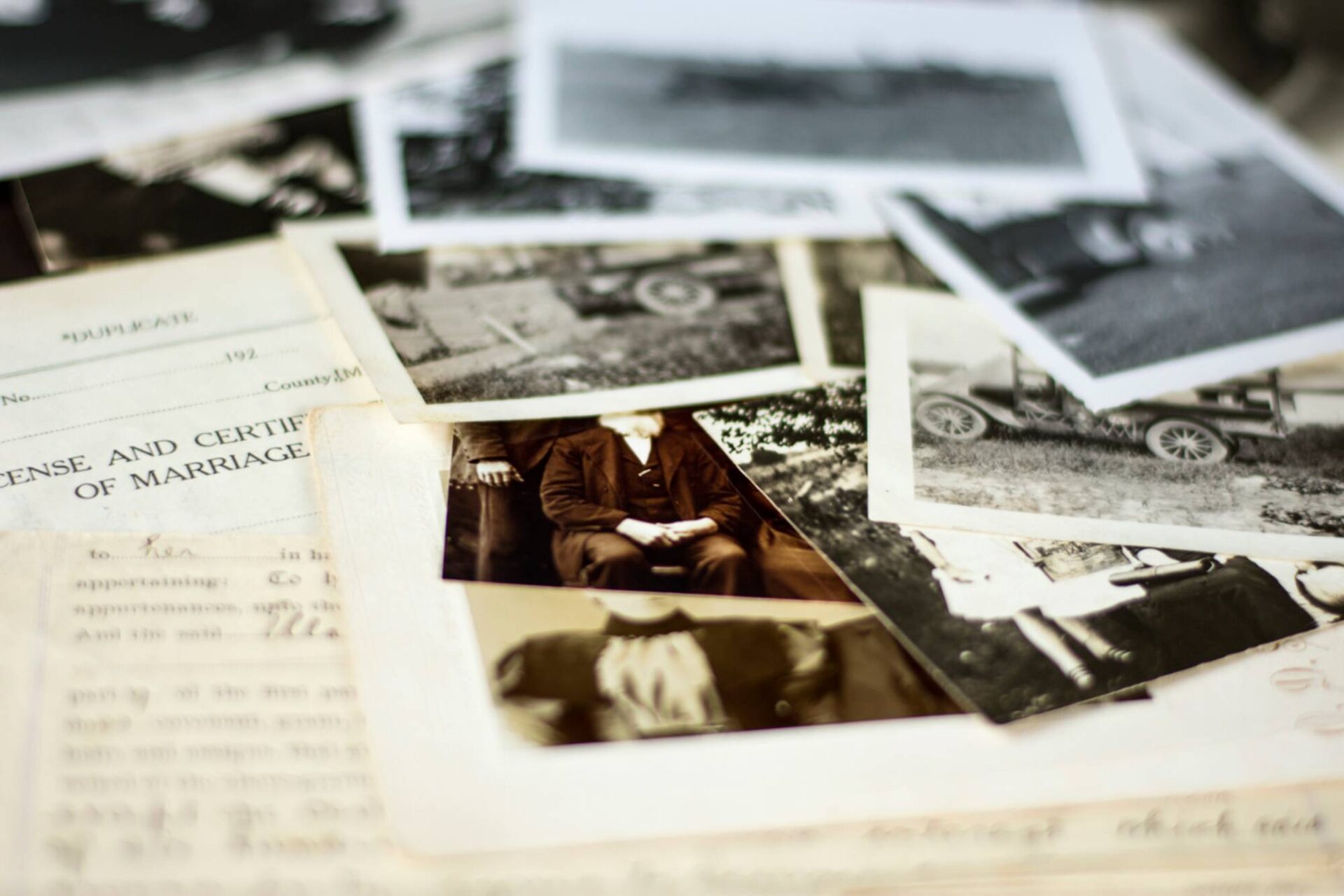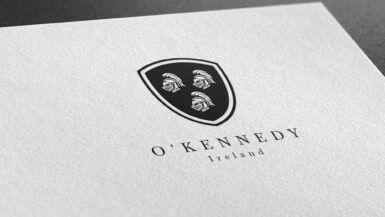Origin of the Surname
The surname Brannigan has its roots in the Irish language. It is derived from the Gaelic “Ó Branagáin,” which denotes a descendant of Branagán.
Etymology and Meaning
The personal name “Branagán” is believed to come from a diminutive of “bran,” meaning “raven,” a bird often associated with ancient tales and wisdom in many cultures, including the Celtic tradition.
Earliest Known Usage
Records of the Brannigan name can be traced back to medieval times in Ireland, especially in the northern regions. Like many Irish surnames, it evolved through oral tradition before being formally recorded in written documents.
Geographic Distribution
Historically, the Brannigans were predominantly found in the northern part of Ireland. Today, while the name is widespread throughout Ireland, there’s a noticeable concentration in counties Armagh and Monaghan.
Original Geographic Location
The Brannigans originally hail from the region that’s now known as County Armagh in Northern Ireland.
Migration Patterns
As with many Irish families, the Brannigans experienced diaspora due to economic hardships, especially during the Great Famine of the 1840s. This led to migrations primarily to the United States, Canada, Australia, and England.
Historical Context
Notable Historical Events
The Brannigans, like many Irish clans, would have been deeply affected by major events in Irish history, from the Norman invasion to the Cromwellian conquest, and later the penal laws and the struggles for Catholic Emancipation.
Involvement in Key Moments in History
While the Brannigans may not have singular standout events tied to their name, they, like many Irish families, contributed to the rich tapestry of resistance, culture, and endurance that defines Irish history.
Notable Bearers of the Surname
Several individuals with the Brannigan surname have made notable marks in their respective fields. Among the most prominent is Laura Branigan, an American singer and songwriter of the 1980s, best known for her powerful vocal range and hits like “Gloria” and “Self Control.” Born to Irish-American parents, Laura’s heritage and the essence of her last name underscored a connection to the Emerald Isle, bringing a touch of Irish charm to the international music stage.
Another notable figure is James Christopher “Lugs” Branigan. Operating in a completely different realm, “Lugs” was a renowned Irish policeman who served with the Dublin Metropolitan Police and later the Garda Síochána. His moniker “Lugs,” slang for “ears,” was a playful nod to his distinctive ears. Yet, it was his reputation for toughness and a no-nonsense approach to law enforcement during the mid-20th century that made him a legendary figure in Irish policing history.
Variations of the Surname
Spelling Variations
Like many Irish surnames, the anglicization and phonetic translations led to multiple spellings, including Branigan, Branagan, and Brannagan.
Regional Differences
The name might be pronounced slightly differently depending on the region, reflecting the various Irish dialects. For instance, in some parts of western Ireland, the ‘g’ might be emphasized more.
Current Statistics and Distribution
Frequency and Global Distribution
While predominantly an Irish surname, Brannigans can now be found across the globe, especially in countries with a significant Irish diaspora. The United States, Canada, and Australia have considerable numbers of Brannigans.
Changes Over Time
Post the Great Famine, there was a significant decrease in the name’s prevalence in Ireland, but an increase in other parts of the world due to migration. In recent times, with the resurgence of interest in Gaelic culture, there’s been a renewed pride in bearing the Brannigan name.
Family Coat of Arms
The Brannigan family coat of arms is described as featuring a silver shield with a black chevron, accompanied by three black birds, possibly reflecting the “raven” origin of the name. However, it’s essential to approach coat of arms with caution, as they were often specific to individual branches of a family and could differ even within the same surname.






Leave a reply